Since July, members of the public have been receiving random packets of seeds in the post which they hadn’t ordered.
The seeds were believed to be part of a scam to increase the ratings and visibility of products online.
The Department of Agriculture (DAFM) urged the public not to plant or compost these seeds and, instead, post the packets to them for analysis.
To date, DAFM has received seed packets from members of the public across 14 counties.
The seed packaging was advertised as a variety of items including jewellery rings, plastic particles, decorations, cases, stud earrings, beads, decorative beans, sand grains, love bracelets, red beets, toys, tanks and “seeds”.
Species
The seed packages were marked as having originated in China, Vanuatu, Tonga, Malaysia, Singapore, USA and Kyrgyzstan.
The species of the seeds have been identified by DAFM and included rapeseed, bamboo, onion, red clover, pigweed, knotgrass, bluegrass and pine. The seeds were destroyed after identification.
DAFM has advised the European Commission of the situation and is engaging with other member states, the Commission and other countries in relation to the seeds.
Phytosanitary certificates
Under the EU plant health regulation, all plants and plant products - including seeds - from outside of the EU should be accompanied by a phytosanitary certificate.
This is to ensure the plants or seeds are not invasive species or contain any pests or diseases which would have an adverse impact on Ireland’s horticulture industry or its biodiversity.
Anyone who has received seeds by post that weren’t ordered is being urged to contact DAFM on plantimports@agriculture.gov.ie.



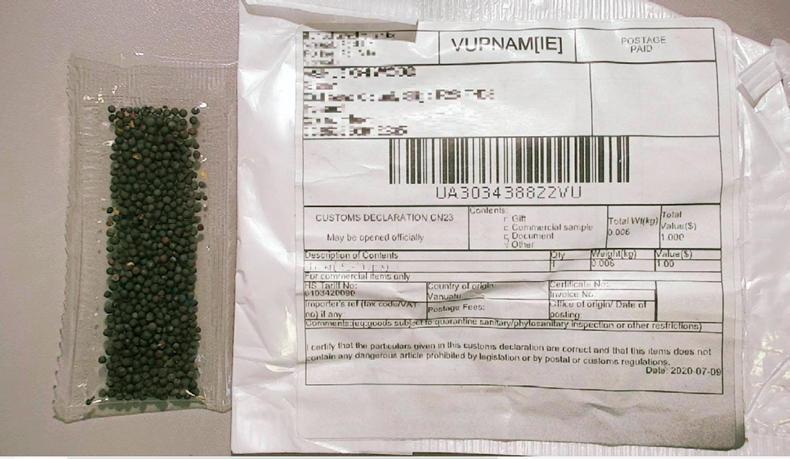

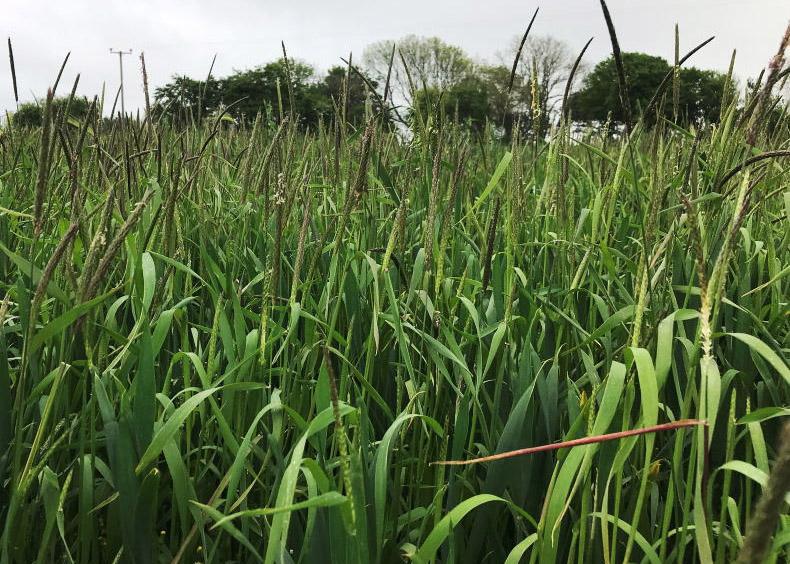

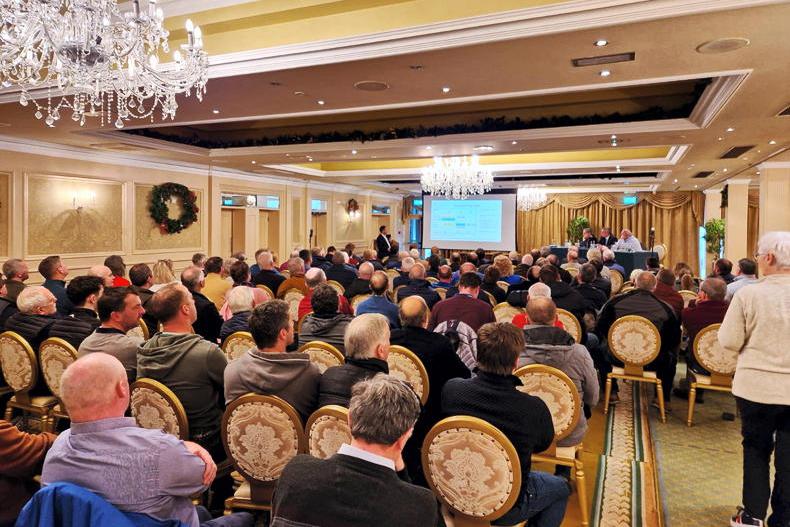
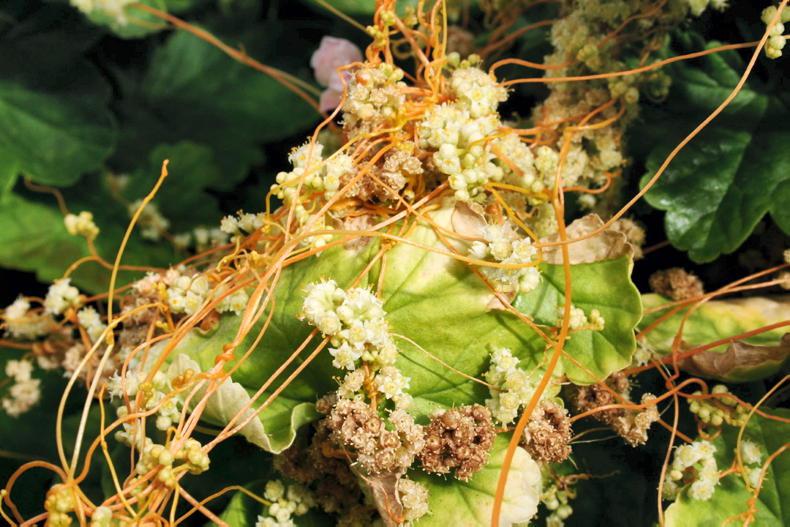
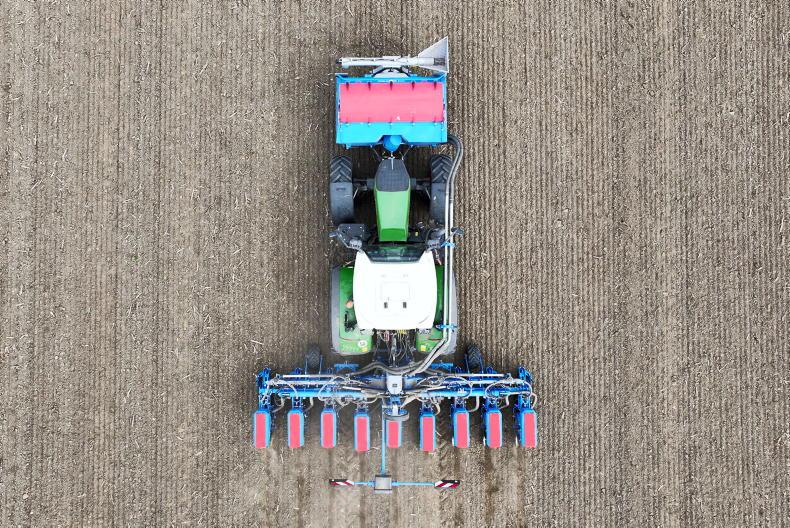
SHARING OPTIONS